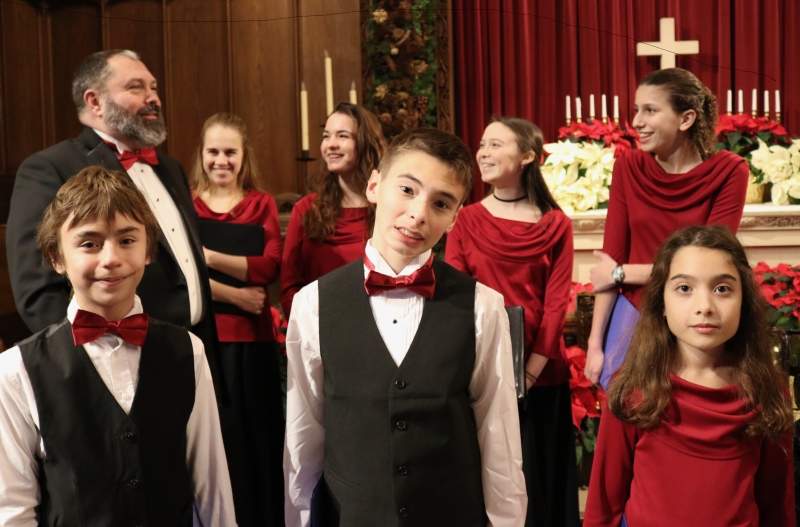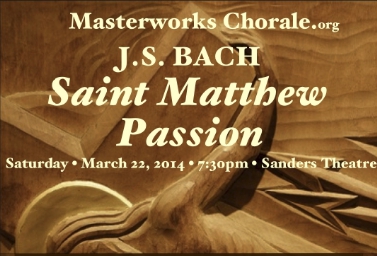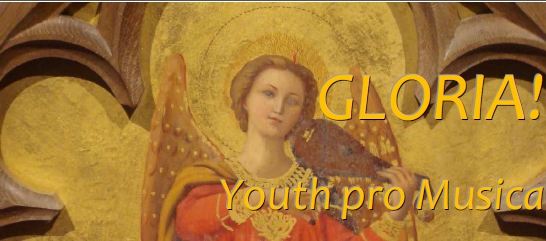by Ralf Yusuf Gawlick
a World Premiere Performance
[Presented April 10, 2010]
In the years following his 1933 escape from Nazi Germany, Bertolt Brecht penned some of his most extraordinary and grim anti-war poetry. This bitter, anti-war literary crusade finds one of its most poignant expressions in a ballad of thirty-five 4-line stanzas. Brecht’s simple and direct tone betrays a lyric force and beauty that stems from and unfolds in an unadorned and episodic story-telling style that is never sentimental or callous.
Kinderkreuzzug is a dramatic cantata for children’s voices and small chamber ensemble including clarinet, string trio (violin, viola and cello), church hand bells and organ. The story is simple: in 1939, fifty war-orphaned children embark from Poland in search of a land of peace. Brecht’s socio-political commentary is as relevant today as when it was first published in 1941.
There is nothing new in the deprivation, want, suffering, and death Brecht profiles; nor is there any redemptive moral hidden in the lost innocence, dogged hope, and simple sincerity of this little band of children. They are neither martyrs nor goodwill heralds but simply orphans who are hungry and tired. Their plight and wretchedness is actually quite unremarkable and an all-too familiar tale as each generation from time past to time present bears witness to such pitiful crusades. Even hope has become ordinary. In fact, the only extraordinary outcome would be for these children to actually find a land of peace.
This music is written for the 70th anniversary of the outbreak of WWII. Brecht’s children still walk and suffer in our collective conscience. Although my music may not give bread, it may just harbor their hope, and ours, for the extraordinary.



